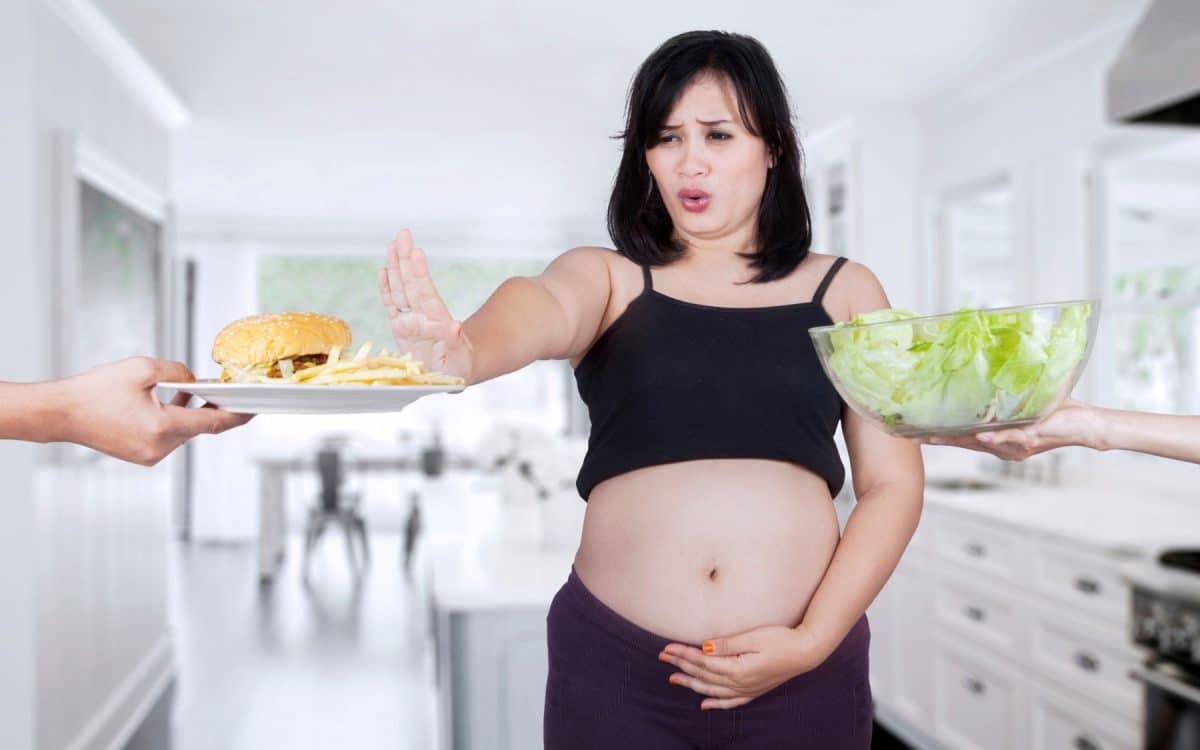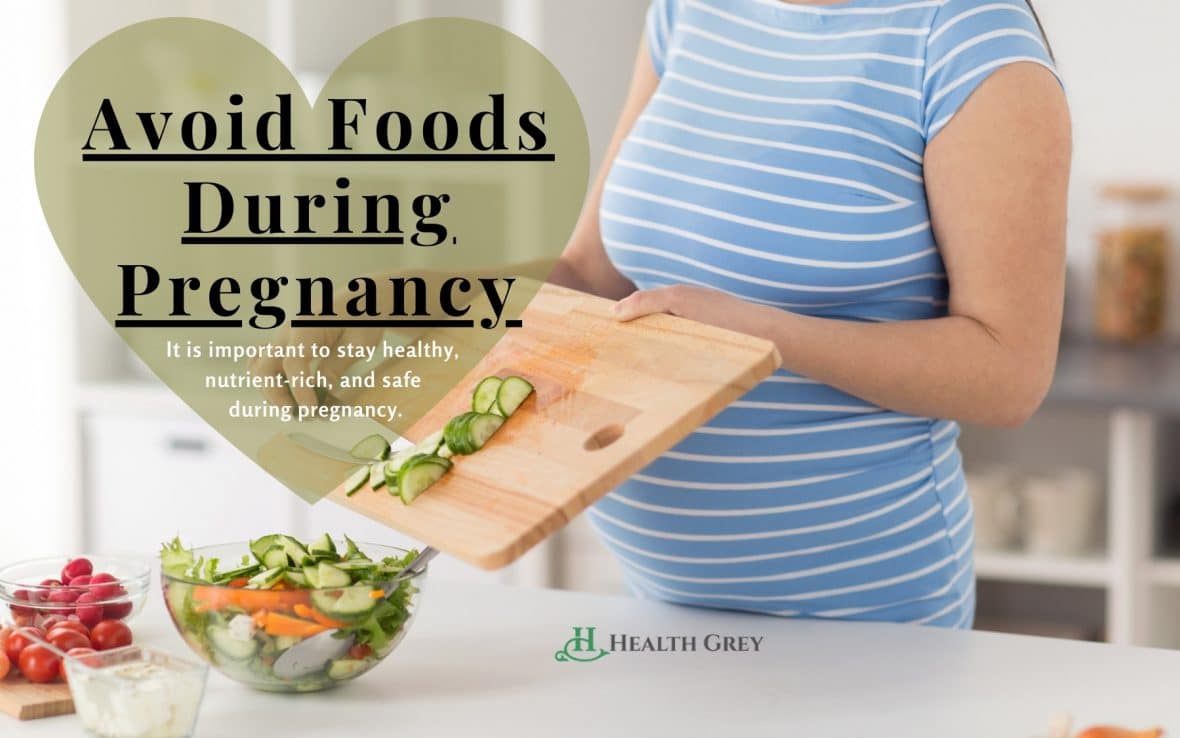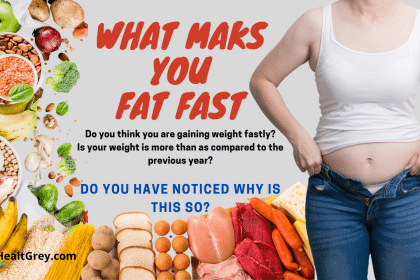There are many foods to avoid during pregnancy to stay healthy, nutritious, and safe for both you and your baby. When it seems like there are so many things to avoid, it may be frustrating, but there are still plenty of foods you can consume while pregnancy. Some meals must be cooked or prepared in a specific way, while others should be avoided entirely.
As a pregnancy, labor and birth continue, so does the need for good nutrition. For the purpose of this blog post, we will be focusing on foods that may not be beneficial but can harm your baby’s development, or give you health problems. These are all types of foods to avoid during pregnancy.
Foods to avoid during pregnancy that can harm your baby

Egg for pregnant women
Eggs are one of the foods that women can consume without worry since they are a good source of nutrition and a source protein. However, there are a few precautions a woman should take before consuming a “safe” egg.

Undercooked or raw eggs:
Raw eggs may contain Salmonella bacteria. Salmonella causes fever, stomach cramps, nausea, vomiting, diarrhea, and diarrheal disease. In rare circumstances, though, the infection might induce uterine cramping, which can lead to premature birth or miscarriage. properly cook eggs – hard-boiled, fried, or poached to minimize the risk of salmonella infection.
See foods during pregnancy.
During pregnancy, you are required to eat more than usual if you want to support your growing baby. But don’t worry, you can still enjoy your favorite foods—as long as you limit the amount of fish and other seafood you eat. The U.S. Food and Drug Administration (FDA) has issued new rules that ban harmful fish and shellfish, like a shark, swordfish, king mackerel, and fresh and frozen tuna. Other fish that are safe to eat include salmon, herring, canned light tuna, catfish, shrimp, oysters, mussels, and clams.

avoid raw fish at all costs.
Expectant women are often warned to avoid raw fish, because of the risk of toxoplasmosis, a parasitic infection that can cause miscarriages, birth defects, nerve damage for the baby or blindness.
You may have heard that consuming raw or undercooked fish can be harmful to your baby, but if you’re pregnant—and if you plan on eating fish at all—let’s face it, there’s none of that fish that you can’t eat. That said, you should absolutely avoid raw or undercooked fish during pregnancy. Sure, the FDA may not have enough evidence that pregnant women are at risk of getting sick from raw fish, but there’s also no evidence that raw fish is good for you during pregnancy, either.
High-mercury fish:
Mercury is a very poisonous substance. It can be harmful to your brain system, immunological system, and kidneys in large amounts. It can also cause significant developmental difficulties in children, even at modest amounts. Huge marine fish can collect large levels of mercury since it is present in contaminated oceans. As a result, it’s recommended to stay away from high-mercury seafood when pregnant or breastfeeding.
Meat that is avoided during pregnancy
Meat that is undercooked, particularly fowl, pig, sausages, and burgers, should be avoided. Any meat you consume should be completely cooked, with no pinkness or blood dripping from it. Make sure sausages and chopped pork is completely cooked. This is due to the possibility of toxoplasmosis, a parasitic infection that may survive in raw meat and is hazardous to both you and your baby.

Avoid eating sausages and luncheon meats
The most frequently asked question we get from women who are expecting is: “Are hot dogs and luncheon meats safe to eat?” As I’ve previously mentioned, these meats contain a lot of listerias and other types of bacteria.
Sausages and luncheon meats are especially high in calories and saturated fats. This unhealthy food combination increases the risk of heart disease, strokes and diabetes. Many hot sausages contain nitrates, which can lead to cancer and other health problems. Luncheon meats such as bologna and dry sausage may contain salmonella bacteria. Listeriosis can cause fever and muscle aches and can be fatal, especially to unborn children and very young children.
Avoid uncooked overcooked meats
People sometimes think that just because they’re pregnant, they have to eat all the things. But what they don’t know is that women who are pregnant have a greater risk of serious pregnancy-related complications if they eat meat that is not cooked well (meat that is raw, i.e. has not been cooked through). For example, raw meat can contain Toxoplasma Gondi, a parasite that can make its way into the uterus and cause toxoplasmosis (the two most common forms of toxoplasmosis). If you’re pregnant and you eat undercooked meats, there is a greater risk that the parasite will make its way into your fetus and give it toxoplasmosis, which can cause
Processed meat foods to avoid during pregnancy
Several studies have linked a handful of different types of processed meats to increased risks of heart disease and cancer. Processed meats include anything from bacon to biltong. These include deli meats, sausages, salami, corned beef, cold cuts, ham, pepperoni, and other processed meats.
Consuming raw sprouts while pregnant

Fresh sprouts are not only nutritionally beneficial, but they are also delicious. You’re missing out if you’ve never tried them. However, sprouts included in the list of foods to avoid during early pregnancy are not recommended because of the risk of food poisoning. Medical review According to the US National Institutes of Health (NIH), the risk of bacterial contamination of raw sprouts during harvest, storage, and transportation can be minimized, but it cannot be eliminated.
Unpasteurized foods
Food safety is one of the most important topics in today’s society. It’s vital that we spend our time and energy ensuring that we don’t get sick from eating contaminated foods. That is why we’re writing this blog post. We’ve read and seen a lot about the dangers of unpasteurized milk and other foods but we wanted to put our two cents in and make sure that we make our readers aware of such foods.

Avoid soft cheeses
Soft cheeses are a favorite of women who are expecting for their creamy texture and a mild taste. Unfortunately, they are full of bacteria. The bacteria that cause food poisoning, the clostridium spp, are found in cheese and can cause serious illness. If you do eat soft cheese, there are ways to reduce the risk of you and your baby getting ill, such as by eating it on its own, not eating it for two days, and cooking it thoroughly.
Ice cream
Ice cream is one of the most comforting foods you can eat, but it can also be one of the most dangerous. Health experts are advising women to avoid all ice desserts if pregnant, soft serve, gelato, and custard because the risk of food-borne illness is too high for The expectant mother or anyone in their household. Research shows that the risk of food-borne illness in soft serve is 5x higher than in hard serve Desserts.
Beverages
The safest beverages to drink during pregnancy are those that are prepared with purified water, unsweetened juice, and skim or low-fat milk. You’ll also want to steer clear of carbonated beverages, which often contain high levels of sugar, and sodas, which can contain caffeine and other harmful ingredients.

Caffeine:
You may be one of the millions of people who like a cup of coffee, tea, soft drink, or cocoa every day or during reading. When it comes to our coffee addiction, you’re not alone. Caffeine is rapidly absorbed and easily passed via the placenta. Because infants and their placentas lack the primary enzyme required for caffeine metabolism, large amounts can accumulate. Caffeine use during pregnancy has been found to limit fetal development and raise the chance of delivering a baby with low birth weight.
Avoid drinking any alcohol
Alcohol is a drug, and like any drug, it can have harmful effects on your body and your unborn child. Studies have shown that alcohol use during pregnancy increases the risk of miscarriage, preterm birth, low birth weight, and developmental problems (such as learning disabilities) in the child. There is also evidence that infants born to mothers who drink alcohol during pregnancy are more likely to experience health problems, such as FASDs (fetal alcohol spectrum disorders). Therefore, it is best to avoid alcohol.
Avoid drinking too much sugar drinks
Sugar-sweetened drinks can be the bane of your existence. They are sweet, delicious, and dangerously easy to consume. You can’t resist them, so you quench your insatiable thirst with every soda you can get your hands on. But now you know you should avoid them if you want to avoid gestational diabetes—or if you just want to keep your baby healthy and happy.
Avoid fruits during pregnancy

Now, there are some fruits not to eat during pregnancy. Let’s take some examples.
- Strawberries
- blueberries
- raspberries
- blackberries
- some grapes
- pomegranates
- some kiwis
- plums
- Dates
- Pineapple
- Tamarind
- some Papayas
That just a few examples of fruits that are not advisable for healthy eating during pregnancy. These are all high in some nutrients that are known to be harmful to your baby. And this is just the list. There are many more fruits that you should avoid eating during pregnancy.
To avoid food poisoning, women are advised to avoid unpasteurized fruit juice at all times. Although unpasteurized juices are perfectly safe to drink, women are advised to avoid all fruits and vegetable juices during pregnancy, since their origins are unknown.
Avoid vegetables

There are many vegetables that are safe to consume during pregnancy, which you can eat without worrying about the risk of negative effects. However, there are certain vegetables to avoid during pregnancy. Some of these vegetables are high in sodium, high in fat, high in energy, high in cholesterol, high in saturated fat.
Vitamin A-rich foods include liver and other organ meats.
Avoid liver and liver products such as pâté and sausage made from liver. Vitamin A is abundant in liver products. An unborn child may be harmed as a result of this. Multivitamins containing vitamin A or fish liver oils, such as cod liver oil, are not suggested. It is safe to consume modest quantities of vitamin A, which may be found naturally in foods such as carrots. However, it is important to avoid meals that have been supplemented with vitamin A. It is OK to use vitamin A-containing cosmetics, such as face cream.
Final verdict:
When you’re pregnant, it’s critical to stay away from foods and beverages that might harm you or your baby. Although most foods and drinks are completely healthy to consume, some things to avoid during pregnancy that cause miscarriage, such as raw fish, unpasteurized dairy, alcohol, and high mercury seafood. To ensure a healthy pregnancy, several foods and beverages, such as coffee and meals high in added sugar, should be avoided. You should need to make a chart for foods to eat during pregnancy week by week.




